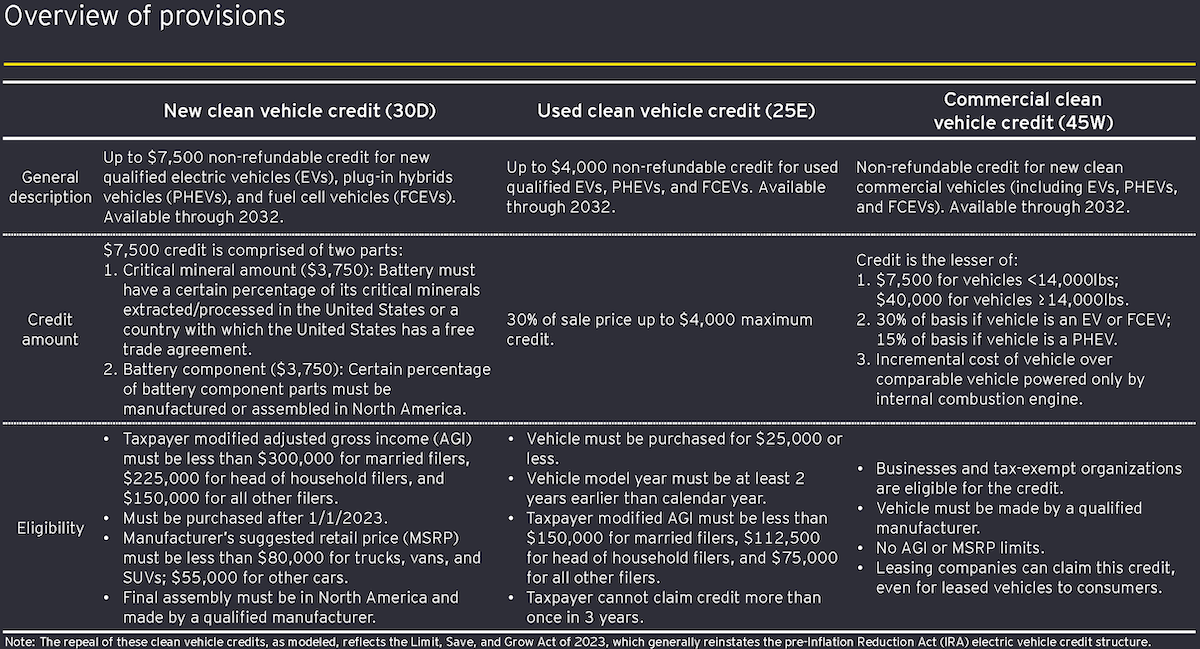Aligning President Trump’s campaign pledges with pro-growth, low-tax conservatism is tough in the current fiscal climate, but not impossible. Republicans should focus on eliminating corporate subsidies, a straightforward move that delivers multiple benefits. These subsidies distort markets by propping up politically connected firms, often at the expense of more innovative or efficient competitors. They lock resources in failing ventures, undermine economic expense of dynamism, and cost taxpayers billions. Scrapping them would drive growth, shrink the deficit, and appeal to populist voters by leveling the economic playing field. This policy bridges Trump’s vision with fiscal and political realities.
Download PDF
A key target should be the Inflation Reduction Act (IRA), a misleadingly named law that passed without a single Republican vote in support. Marketed as a climate solution, the IRA funnels massive subsidies into wasteful projects that threaten to raise energy and transportation costs for ordinary Americans.
The Institute for Energy Research (IER) has released a new report titled Revenue Estimates for Repealing the Clean Vehicle Tax Credits (30D, 25E, and 45W). The analysis was conducted by EY’s Quantitative Economics and Statistics team on behalf of IER. team on behalf of IER.
At the heart of this analysis is a growing concern over the soaring costs of the Inflation Reduction Act (IRA) — particularly its energy and electric vehicle subsidies. When the IRA was passed in 2022, the Congressional Budget Office estimated the cost of its energy-related provisions at around $370 billion over 10 years. However, subsequent estimates have significantly increased this figure. In 2023, Goldman Sachs projected the total cost of these subsidies at $1.2 trillion, while the Cato Institute placed the upper bound at $1.97 trillion as of March 2024. A major share of this spending stems from tax credits designed to encourage the adoption of electric vehicles (EVs).
Source: Revenue estimates for repealing clean vehicle tax (30D, 25E, and 45W)
According to the report, reverting to the pre-IRA EV tax credit is estimated to increase federal revenue by roughly $300 billion from 2026-2035. With these savings, Congress can put more money back into the pockets of American taxpayers, who will then grow the economy by spending and investing in the goods and services they actually want, not those the government mandates.
Source: Revenue estimates for repealing clean vehicle tax (30D, 25E, and 45W)
Repealing the clean vehicle tax credits under the Inflation Reduction Act offers a strategic opportunity to align President Trump’s pro-growth, low-tax agenda with fiscal responsibility. Our report highlights that eliminating the IRA’s EV tax credits could generate approximately $300 billion in federal revenue from 2026 – 2035, reducing the deficit while freeing resources for American taxpayers to drive economic growth through their own spending and investment choices. By scrapping market-distorting subsidies, Congress can promote fairness, curb wasteful spending, and mitigate the looming Social Security shortfall.
Source: Revenue estimates for repealing clean vehicle tax (30D, 25E, and 45W)
